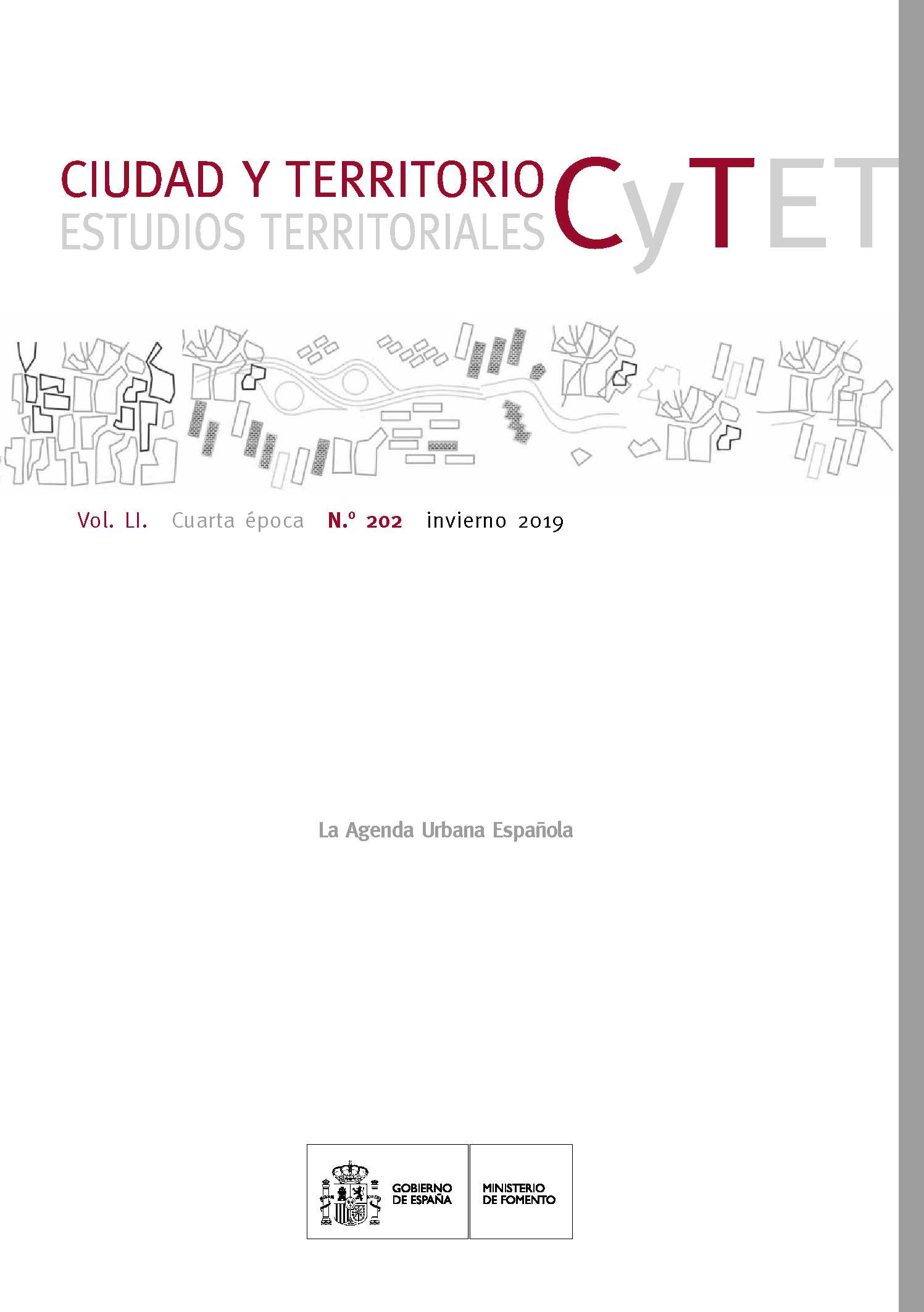Ecosystemic Urbanism
Keywords:
Urbanism. Ecosystems, Sustainability, Resilience, Urban Ecology, PlanningAbstract
The dysfunctions of cities and metropolises throughout the world, and the impacts they cause on the Earth’s systems, the probable population explosion and the incidence of new technologies and Artificial Intelligence (AI) in urban systems are problems that create great uncertainty that forces us to increase our battered anticipation capacity. Current urban planning does not have -in my opinion- the theoretical or instrumental framework to address the challenges of this beginning of the century. Ecosystem urbanism considers the city as an ecosystem (one of the characteristics of ecosystems is its scalarity) and establishes the urban model and the principles of ecosystem urbanism that fill it with content, defining - at the same time- the system of proportions and urban balances. The superblock (20 Ha) is also established as the minimum urban ecosystem unit capable of integrating the set of principles of ecosystemic urbanism.Downloads
Published
How to Cite
Issue
Section
License
Copyright (c) 2019 Salvador Rueda-Palenzuela

This work is licensed under a Creative Commons Attribution-NonCommercial-NoDerivatives 4.0 International License.
Considering the provisions of the current legislation on Intellectual Property, and in accordance with them, all authors publishing in CyTET give -in a non-exclusive way and without time limit- to the Ministry of Transport, Mobility and Urban Agenda the rights to disseminate, reproduce, communicate and distribute in any current or future format, on paper or electronic, the original or derived version of their work under a Creative Commons Attribution-NonCommercial-NoDerivative 4.0 license International (CC BY-NC-ND 4.0), as well as to include or assign to third parties the inclusion of its content in national and international indexes, repositories and databases, with reference and recognition in any case of its authorship.
In addition, when sending the work, the author(s) declares that it is an original work in which the sources that have been used are recognized, committing to respect the scientific evidence, to no longer modify the original data and to verify or refute its hypothesis. Author(s) also declare that the essential content of the work has not been previously published nor will it be published in any other publication while it is under evaluation by CyTET; and that it has not been simultaneously sent to another journal.
Authors must sign a Transfer of Rights Form, which will be sent to them from the CyTET Secretariat once the article is accepted for publication.
With the aim of promoting the dissemination of knowledge, CyTET joins the Open Journal Access (OA) movement and delivers all of its content to various national and international indexes, repositories and databases under this protocol; therefore, the submission of a work to be published in the journal presupposes the explicit acceptance by the author of this distribution method.
Authors are encouraged to reproduce and host their work published in CyTET in institutional repositories, web pages, etc. with the intention of contributing to the improvement of the transfer of knowledge and the citation of said works.








 Enlace a CyTET en Linkedin
Enlace a CyTET en Linkedin